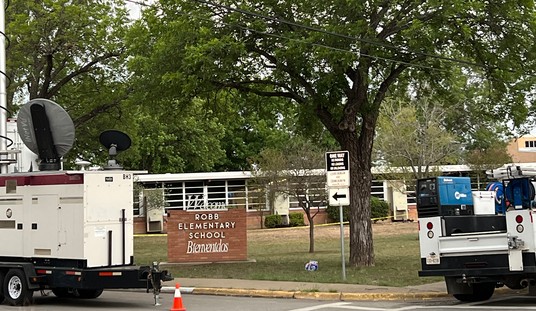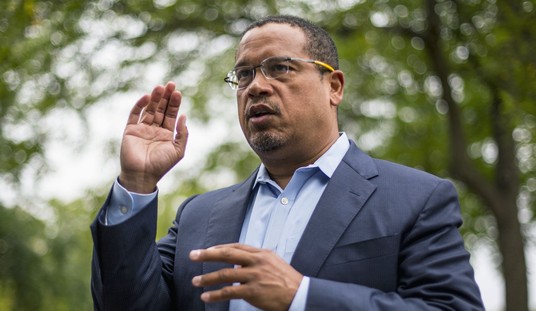The hand-wringing over the Basra operations launched by Nouri al-Maliki may have missed the bigger picture, according to an analysis by the AP. Maliki’s efforts to rein in rogue Shi’ite militias have been received with enthusiasm from Kurds and Sunnis in Iraq and have strengthened efforts at national reconciliation. Leaders of both groups have issued statements of support for the Iraqi Army operations to regain control of the nation’s second-largest city:
Prime Minister Nouri al-Maliki’s faltering crackdown on Shiite militants has won the backing of Sunni Arab and Kurdish parties that fear both the powerful sectarian militias and the effects of failure on Iraq’s fragile government.
The emergence of a common cause could help bridge Iraq’s political rifts.
The head of the Kurdish self-ruled region, Massoud Barzani, has offered Kurdish troops to help fight anti-American cleric Muqtada al-Sadr’s Mahdi Army militia.
More significantly, Sunni Arab Vice President Tariq al-Hashemi signed off on a statement by President Jalal Talabani, a Kurd, and the Shiite vice president, Adil Abdul-Mahdi, expressing support for the crackdown in the oil-rich southern city of Basra.
Al-Hashemi is one of al-Maliki’s most bitter critics and the two have been locked in an acrimonious public quarrel for a year. Al-Hashemi has accused the prime minister of sectarian favoritism and al-Maliki has complained that the Sunni vice president is blocking key legislation.
On Thursday, however, al-Maliki paid al-Hashemi a rare visit. A statement by al-Hashemi’s office said the vice president told al-Maliki that “we can bite the bullet and put aside our political differences.”
The operation received public support from Sunni lawmakers who earlier pulled out of Maliki’s government. Their departure set off alarms in Washington, where American lawmakers openly criticized Maliki for allowing his government to become too sectarian. The Accordance Front has now broadly hinted that it may rejoin the government now that Maliki has finally “adopted a correct approach to the militia problem.”
The Kurds have even more practical goals in mind. Moqtada al-Sadr opposes the annexation of Kirkuk to Kurdish control in the north, while Sadr’s enemies in Basra have a strong alliance with the Kurds. Seeing Sadr reduced or eliminated as a political entity suits them, and they have even offered Kurdish troops for the Basra push to ensure success.
Far from fracturing the polity of Iraq, Maliki’s efforts against the militias has built confidence that his government wants to move away from sectarianism. The Kurds and Sunnis see encouraging signs in Maliki’s operations, as do Maliki’s other Shi’ite allies. In fact, national reconciliation will not be possible until the Baghdad government takes action against the militias and enforces central control over Iraqi security — which requires Maliki to do what he’s doing right now in Basra.








Join the conversation as a VIP Member